Emergency Hotline:
(+63) 2 911 – 8688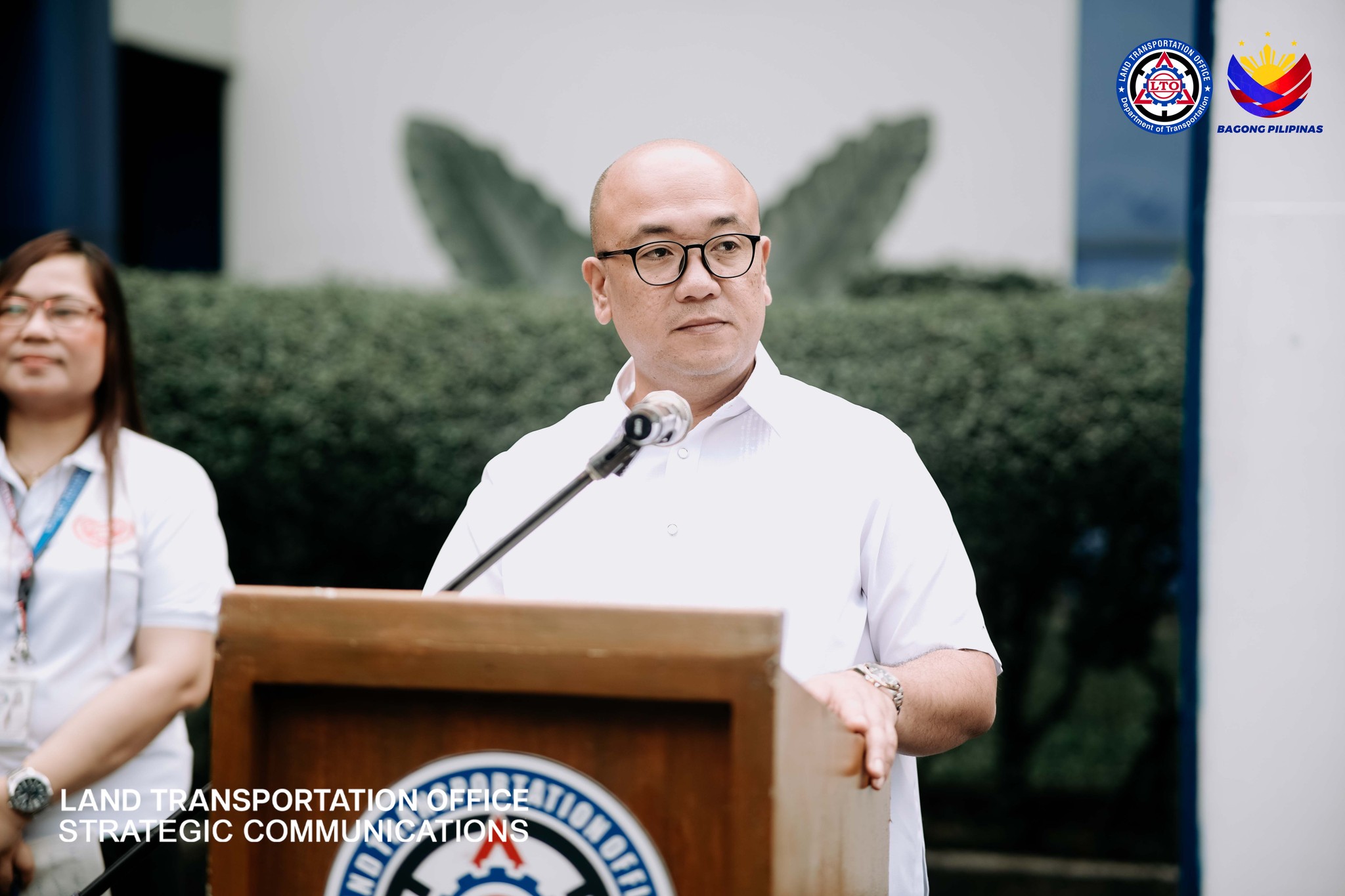

Land Transportation Office (LTO) Chief Atty. Markus Lacanilao has warned individuals that engaging in road rage could lead to the permanent revocation of their driver’s licenses.
In a press briefing, Lacanilao emphasized that road rage has long been a serious problem responsible for numerous deaths and imprisonments over the years.
“This is my stern reminder to all motorists,” he told the media. “This has long been a problem, even from years ago. We at the LTO will be stricter. Once you are involved in a road rage incident, our recommendation is the lifetime revocation of your driver’s license.”
The LTO Chief also urged motorists to think twice before getting involved in any form of road dispute, stressing that there will be corresponding penalties for violators.
The recommendation came in response to several viral road rage cases —among them, a tricycle driver assaulting a minor in Tarlac, a gun-toting motorist in Laguna, and another attacking an elderly bus driver in Cavite.
Want to know how to stay calm behind the wheel?
Watch Manibela’s road rage feature for practical tips on handling stress while driving.
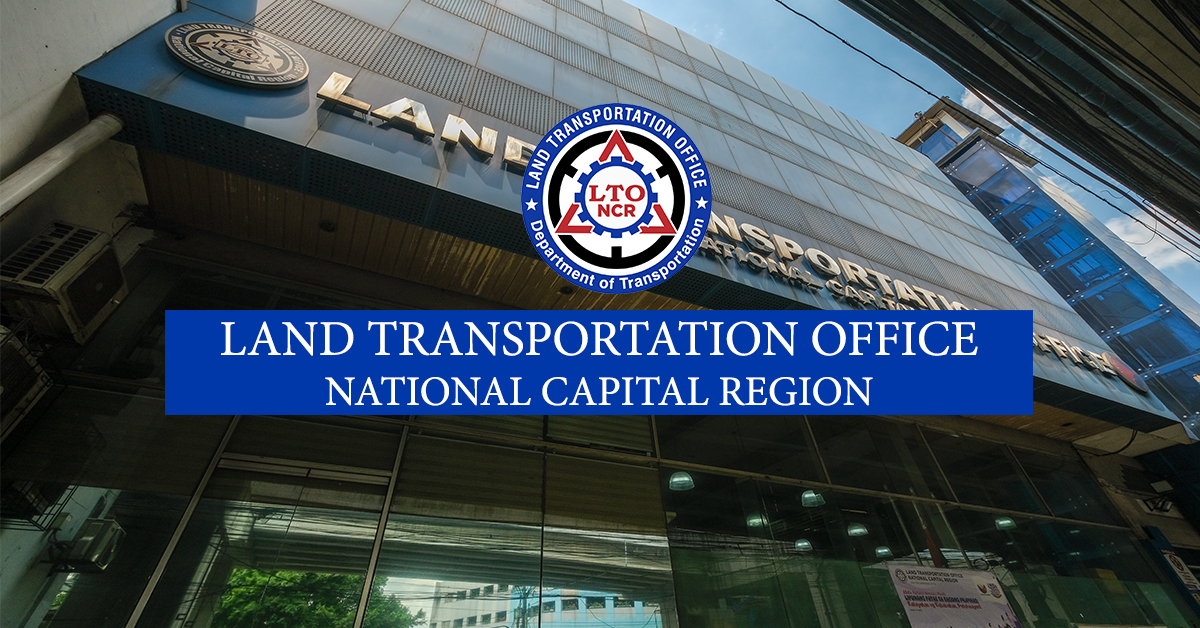

The Land Transportation Office National Capital Region (LTO-NCR) has launched “Oplan Undas 2025” to ensure the safety and roadworthiness of vehicles on Metro Manila Roads. This is in anticipation of the surge of travelers this Undas season.
LTO Chief, Assistant Secretary Markus Lacanilao, has directed all Regional Offices to implement Oplan Undas 2025 in compliance with the directive of the Department of Transportation (DOTr).
Following the chief’s directives, LTO-NCR Regional Director Mr. Roque I. Verzosa III led the send-off of the LTO-NCR Field Enforcement Unit.
The LTO-NCR Law Enforcement Team continues its inspection operations at major bus terminals in Metro Manila to check the roadworthiness of public utility vehicles (PUVs) and ensure they are fit for long-distance trips. Alongside terminal inspections, random roadside monitoring of both private and public vehicles is also being conducted at multiple checkpoints across the National Capital Region.
“Undas is a cherished Filipino tradition. As it continues, the LTO will likewise continue to inspect bus terminals and other public utility vehicles to ensure the safety of our fellow Filipinos,” said Director Verzosa.
Assistant Regional Director Atty. Dennis P. Barrion reminded motorists to exercise caution and take responsibility for their own safety.
“Before going on a trip, check your vehicle thoroughly and always remember the ‘BLOWBAGETS’ safety reminder,” ARD Barion advised.
The BLOWBAGETS acronym stands for Battery, Lights, Oil, Water, Brakes, Air, Gas, Engine, Tires, and Self, serving as a quick checklist to help motorists ensure their vehicles are in proper condition before hitting the road.
Through Oplan Undas 2025, LTO-NCR reaffirms its continued commitment to promoting road safety and preventing accidents as Filipinos reunite with their families this holiday season.


If you’ll be joining the wave of travelers this yuletide season, here are some friendly reminders to keep in mind before hitting the road for a smooth, safe, and stress-free holiday journey.
Before traveling, ensure that your vehicle is roadworthy. Follow the BLOWBAGETS in inspecting your vehicle —Check your Brake, Lights, Oil, Water, Battery, Air, Gas, Engine, Tires, and Self.
Make sure your vehicle registration and driver’s license are up to date and keep it handy. Plan your route in advance and monitor traffic advisories. Get enough rest before long drives and never drive under the influence of alcohol or any intoxicating substance.
If you’re traveling via public transport, choose only authorized and legitimate transport operators. Secure your belongings, avoid displaying valuables, and stay alert in terminals and crowded areas. If you have elderly and children companions, make sure they are comfortable and properly attended to at all times.
If you opt to travel by air or sea, arrive at the terminal or port early to avoid last-minute rushes. Secure your travel documents in a one accessible pouch. Follow baggage and safety regulations. And pay attention to the crew for their travel reminders to ensure safe and hassle-free trips.
Before leaving home, double-check that all appliances are unplugged and gas connections are turned off to prevent fire hazards. Make sure your windows and doors are properly locked. And inform a trusted neighbor or relative to look after your house while you’re away. And avoid posting your travel plans publicly to protect your safety and privacy.
Stay hydrated during long trips. Don’t forget to bring essential items such as maintenance medicines and first-aid kits. Keep emergency hotlines on hand.
Most importantly, keep your cool on the road. Stay patient at all times, practice defensive driving, and never engage in road rage.
For more road safety tips, follow Manibela social media accounts @ManibelaTV.
For road emergency assistance, contact UNTV Hotlines:
8-911-UNTV
8-911-8688
And follow Tulong Muna Bago Balita and UNTV News and Rescue at facebook.
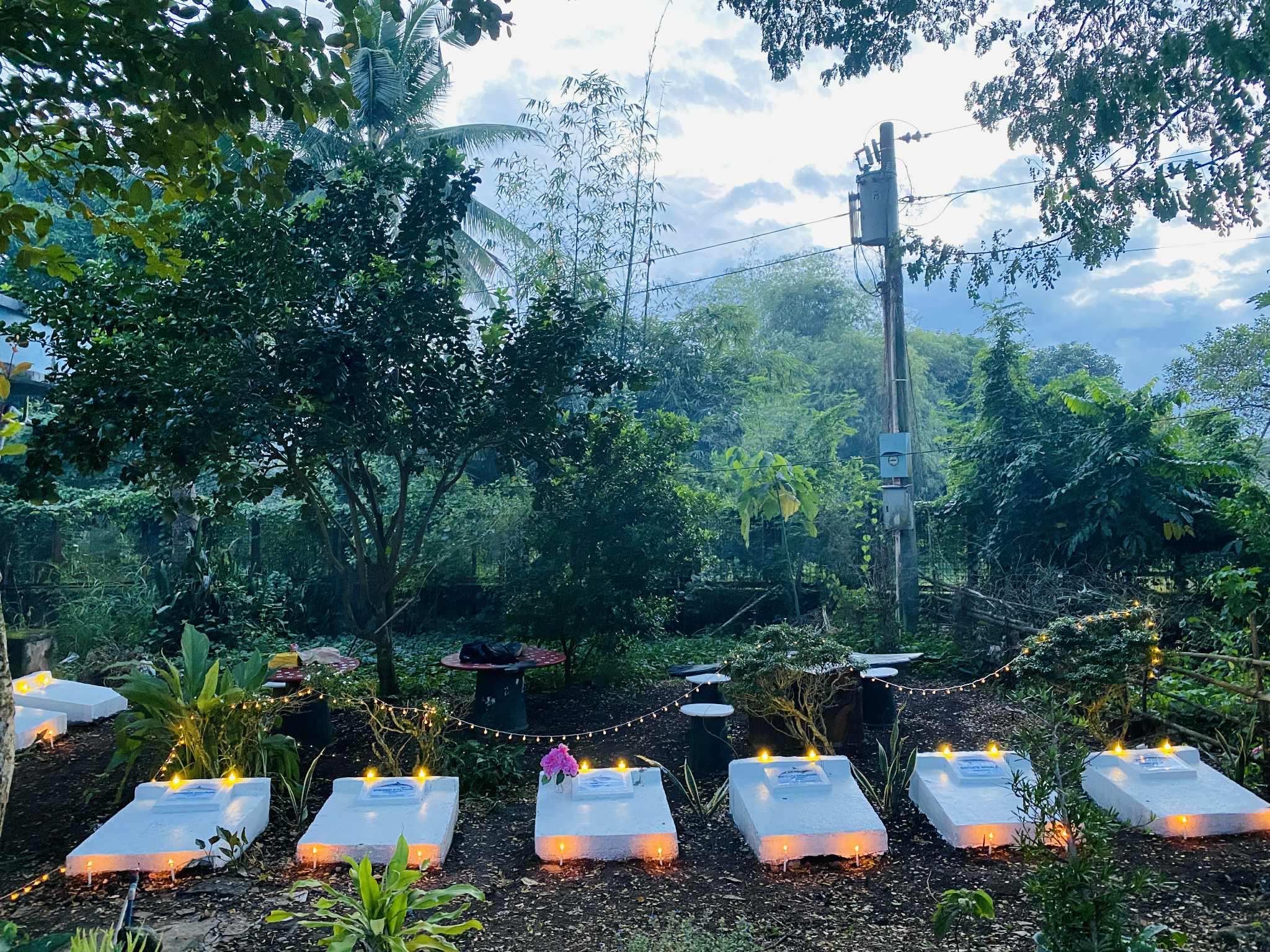

It is not only humans who are laid to rest in cemeteries. In Bicol, whales and dolphins also have a special resting place. In Barangay Fabrica, Bula, Camarines Sur, inside the 15-hectare compound of the Bureau of Fisheries and Aquatic Resources (BFAR) regional office, a unique cemetery for marine mammals can be found.
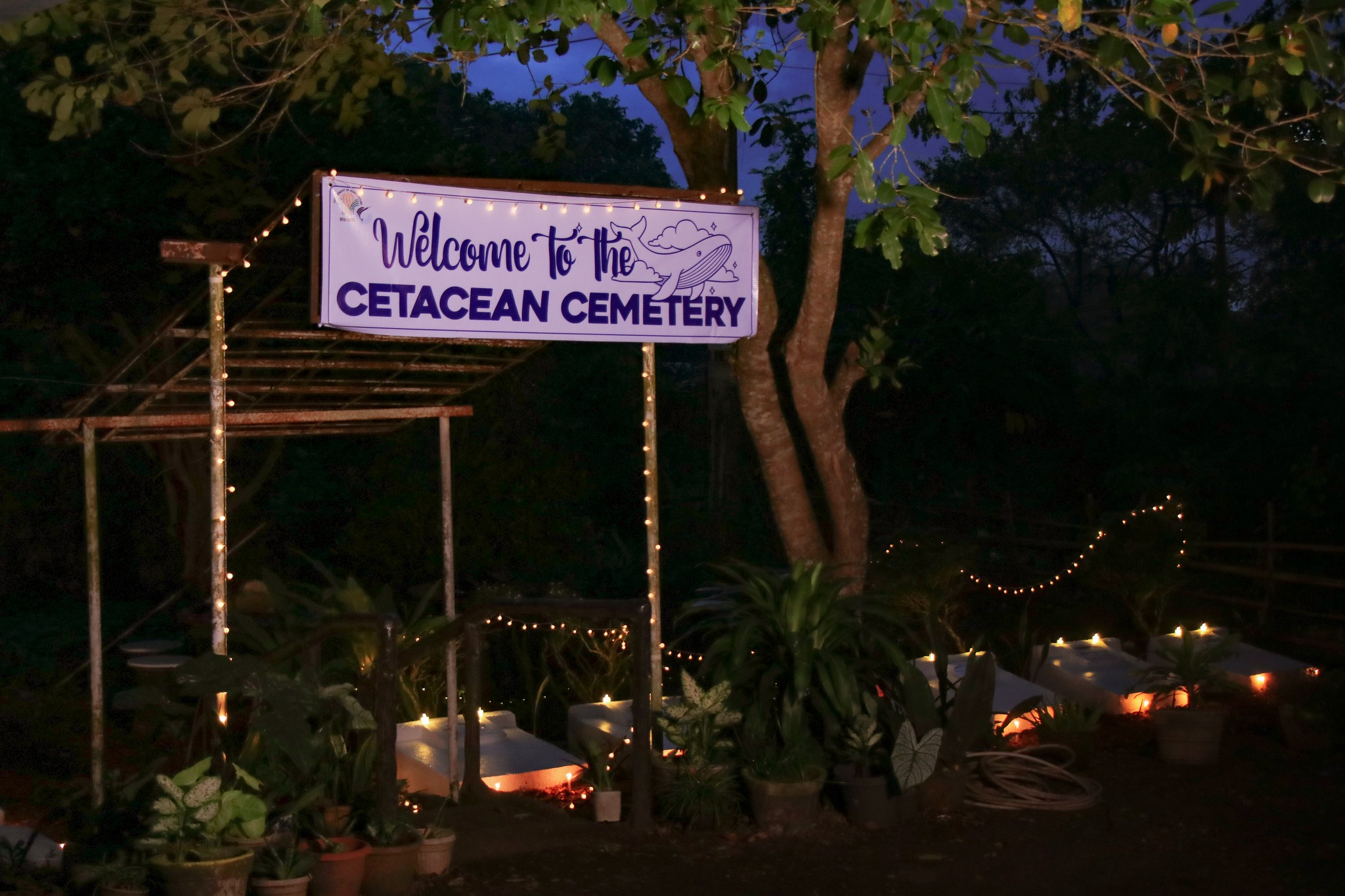
The Philippines’ first cetacean cemetery was established in 2013 by the Fisheries Regional Emergency Stranding Response Team (FIRST), a group conducting emergency rescue operations and post-mortem examinations on the stranding marine animals.
Fourteen whales and dolphins species are buried at the cemetery, among them are Risso’s dolphin, spinner dolphin, Fraser’s dolphin, dwarf sperm whale, Bryde’s whale, melon-headed whale, and striped dolphin. These marine animals were killed due to human activities, such as blast fishing, solid waste ingestion, entanglement, and boat strike.
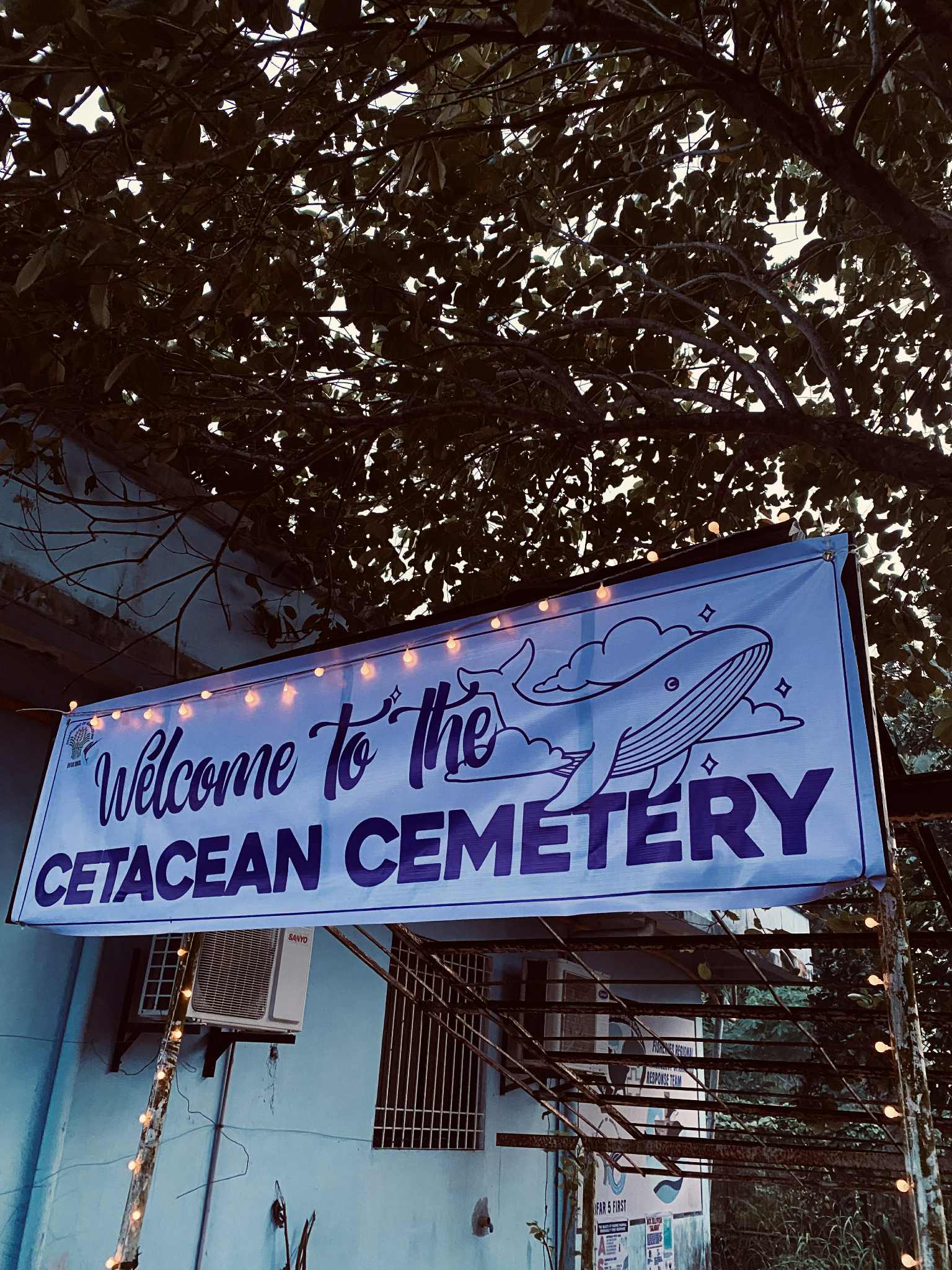
According to BFAR Bicol, the region is considered a hotspot for marine mammals because its archipelagic location serves as a migratory route and habitat for various species of cetaceans. Hence, the bureau emphasized that continuous information, education, and advocacy initiatives are vital to ensure the protection of these species.
BFAR further noted that the cemetery is not merely a burial site for cetaceans, but the project also aims to raise public awareness about the importance of marine mammals and to encourage everyone to protect these species from human activities that threaten their survival.

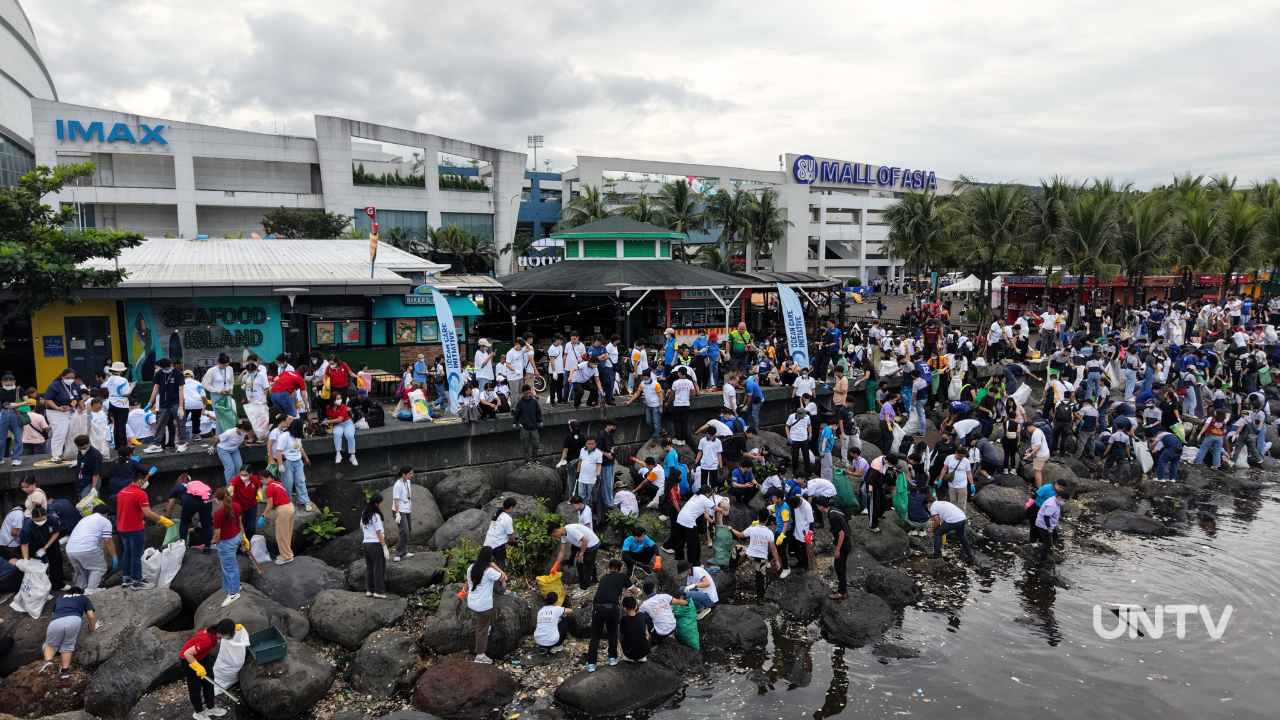

The Department of Environment and Natural Resources spearheaded a simultaneous coastal cleanup nationwide in celebration of the International Coastal Cleanup Day held on September 20, 2025.
Across 298 cleanup sites, the DENR, together with thousands of partner organizations, collected nearly 460,000 kilograms of waste– a massive weight taken off from our oceans and shorelines in just a single day. This is through the collective effort of 86,000 volunteers nationwide.
The ICC is the largest volunteer movement for the environment and is held every Third Saturday of September every year. It plays a crucial role in raising awareness about the environmental impact of marine debris, engaging communities, and promoting sustainable practices.
According to Ariz Abad, Head of the DENR-NCR Regional Strategic Communications and Initiatives Group, the ICC is not just about collecting trash, but also about instilling responsibility among citizens.
“We have to teach people to be committed environmental stewards—not just during coastal cleanup drives, but also by practicing proper segregation and disposal of trash in offices, schools, and at home,” Abad said.
He also emphasized that improper solid waste management leads to biodiversity loss in rivers and seas, while also posing risks to public health.
Meanwhile, the ICC celebration does more than just remove trash—it also documents waste and debris through a “trash audit.” This provides statistics on the types of waste that end up in oceans and waterways.
“All the data gathered will be used in policy-making to address the country’s waste problem,” Abad explained.